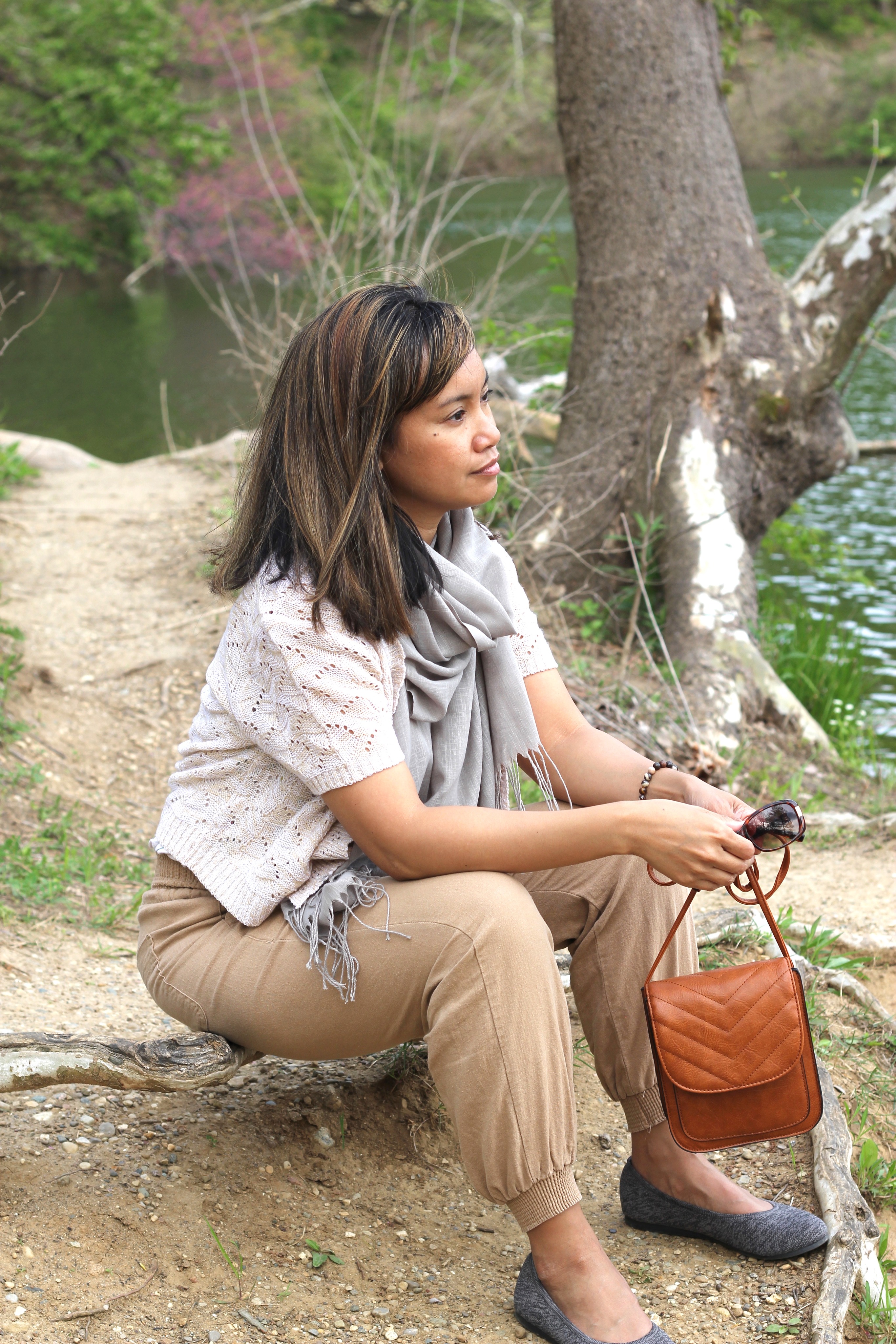标签: 寻根
-
被收养者专家搜索跨国收养
ICAV presents a webinar on Searching on 23 April 2023 from lived experience and those who provide a formal search and support service.
-
Ebony at K-Box Adoptee Takeover Night
—
由
于 Adoptee Activism, 收养艺术家, Adoptee Artwork, Adoptees Educate, Adoption Education for Adoptive Parents, Adoption Education for Professionals, 澳大利亚, Complexities in Adoption, Grief and Loss, 海地, Importance of Connections to Origins, Lifelong Impacts of Adoption, 起源搜索, Therapy, 跨种族收养, Trauma in AdoptionEbony Hickey is a Haitian born intercountry adoptee to Australia whose contemporary artwork we included at the K-Box Adoptee Take Over Night.
-
Relinquishment, Adoption and Grief
Bina shares about the loss that goes unrecognised in adoption during November, Adoption Awareness Month and highlights the necessity of support for grieving.
-
Luke McQueen 的《渴望(有一天)》
Luke McQueen shares candidly about himself, his journey as an adoptee and musician, and his song Longing (Someday) – a piece included in ICAVs video resource.
-
审查与原始伤口的清算
Lynelle provides thoughts after watching Rebecca’s Sansom’s documentary Reckoning with the Primal Wound, an adoptee led film on the impacts of our separation.
-
我就像一只被车头灯困住的鹿
by Krem0076, an Korean intercountry adoptee raised in the USA. I am an adoptee from a closed international adoption. I have paperwork but for many of us, our paperwork is often fraught with mistakes, lies and discrepancies. That is a challenge – is my information accurate? My birth name? My birthdate? My origin story if…
-
通过收养在希腊的吉普赛黑市上出售
Roula shares her story of being sold as a baby by a Greek doctor who stole gypsy babies and trafficked them via adoption to foreign countries. The impacts, the ongoing complexities.
-
对母亲的悲伤永远持续
by Melanie Kleintz adopted from Peru to Germany. Between 24 December 2020 and 1 January 2021, a total of 6 adoptees from Europe took their own lives, a Black Week in Europe for adoptees. The number of unreported cases is definitely higher. All could not clarify their origins, their pain was too strong, and they…
-
这是欧洲收养者的黑色周
Soorien & Dong-Mi share the losses of 5 intercountry adoptees in Europe over Xmas/NY period.
-
Working through the difficult process as an Adoptee
JoYi Rhyss offers free zoom workshops to help adoptees.
